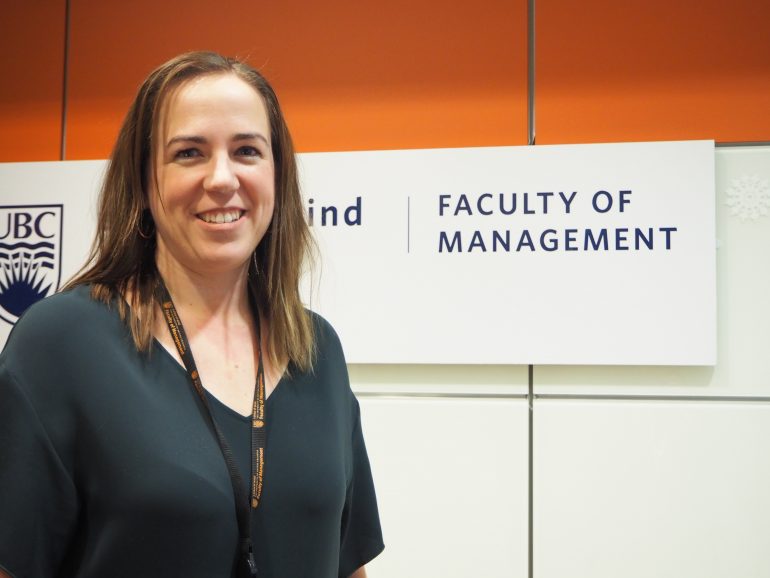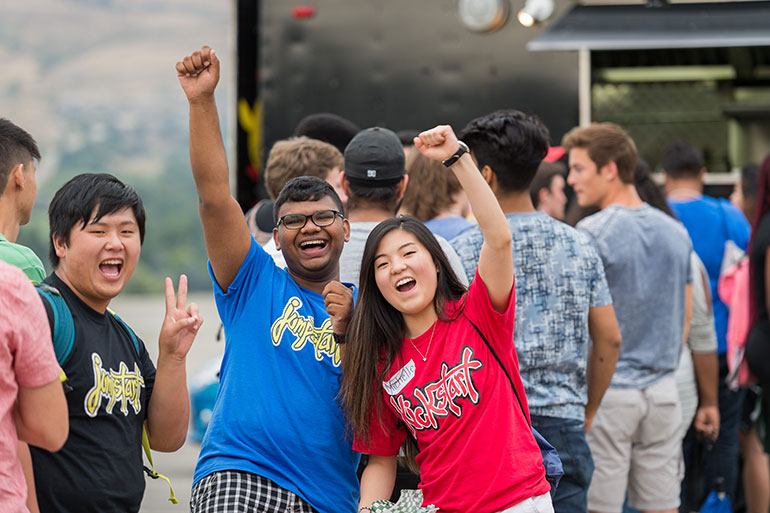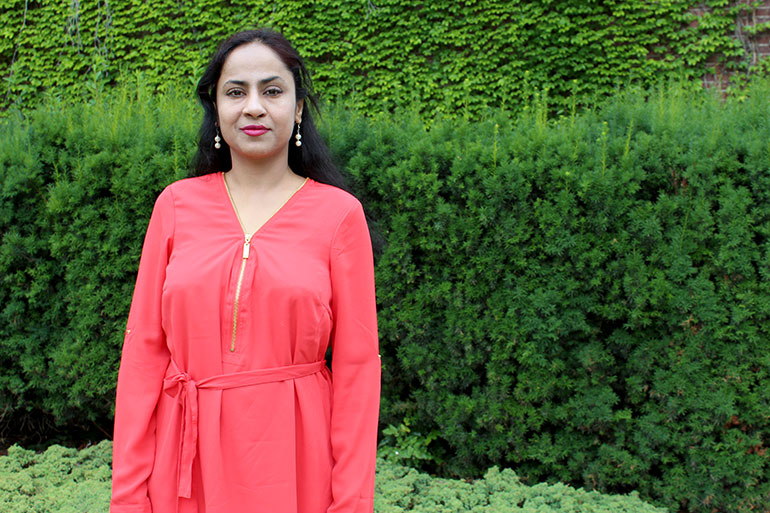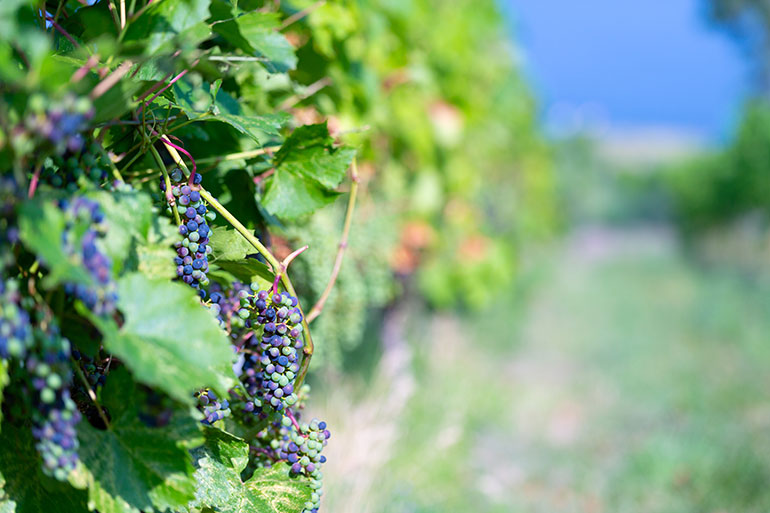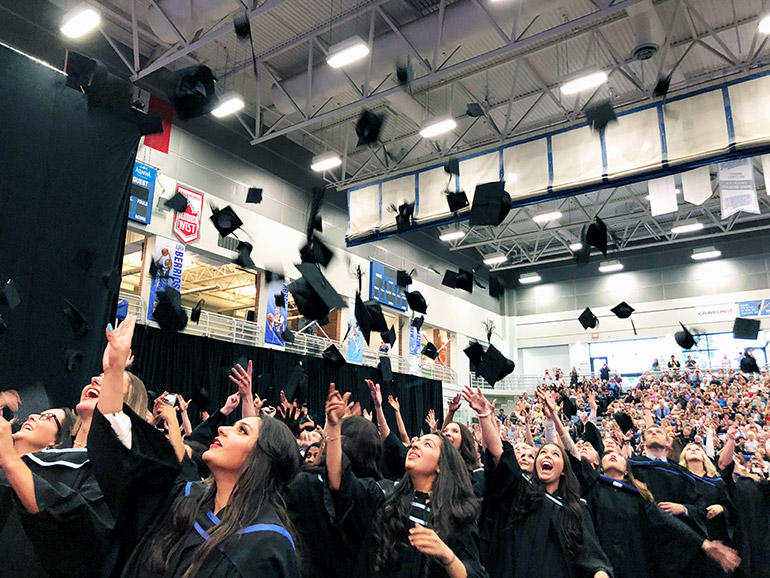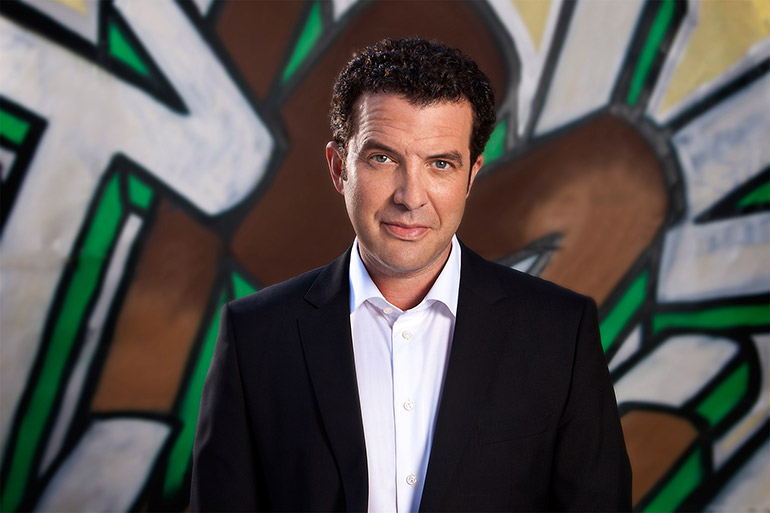
Rick Mercer will deliver the 2020 keynote address. Mercer was a 2010 UBC honorary degree recipient.
Virtual ceremony takes place Wednesday as more than 1,900 students graduate
UBC Okanagan’s Convocation of 2020 will go down in history as a unique event. Instead of students, parents and faculty joining together on campus, the celebrations will be held virtually.
“The context of 2020 has made necessary a very different approach to our graduation ceremony this year,” says Deborah Buszard, Deputy Vice-Chancellor and Principal of UBC’s Okanagan campus. “While the ceremony will be virtual, the remarkable achievements of our students are very real and worthy of recognition. I invite everyone to join me in celebrating the Class of 2020.”
This year, 1,925 students have qualified for convocation from UBC Okanagan—that includes 1,600 undergraduates, more than 270 students who have earned a master’s degree and 45 newly-conferred doctorate degrees.
While convocation is a time of celebration, it’s also a time of long-kept traditions. The program will begin with Chancellor Lindsay Gordon presiding over the virtual ceremony. UBC President and Vice-Chancellor Santa J. Ono and Buszard will both address the Class of 2020 live, dressed in full academic regalia. And graduates will have an opportunity to take a virtual selfie with President Ono.
UBC has arranged for Canadian icon and comedian Rick Mercer to deliver the 2020 keynote address. Mercer was a 2010 UBC honorary degree recipient.
Students have had the opportunity to purchase graduation regalia, special graduation gifts, create a personalized commemorative graduation video clip, download congratulatory signs and sign a guest book with congratulatory messages.
The virtual ceremony will last 45 minutes and it will be livestreamed on June 17, with a pre-show beginning at 2:30 p.m. The ceremony begins at 3 p.m. and a 20-minute virtual alumni reception takes place at 3:55 p.m. The ceremony can also be watched on YouTube, Facebook or Panopto, a platform that is accessible from many countries. To find out more, visit: virtualgraduation.ok.ubc.ca
“These are, indeed, unusual times, and UBC students have shown once again their resilience and ability to cope and thrive in the face of change,” says Buszard. “With everything they have accomplished over these past months and over the course of their studies, I couldn’t be more proud of the extraordinary UBC Okanagan Class of 2020. Congratulations.”
This year’s medal recipients
- Governor General’s Gold Medal: Mike Tymko
- Lieutenant Governor’s Medal Program for Inclusion, Democracy and Reconciliation: Dominica Patterson
- UBC Medal in Fine Arts: Aiden de Vin
- UBC Medal in Arts: Ellie Jane Fedec
- UBC Medal in Science: Nicholas Kayban
- UBC Medal in Education: Alyssa Pembleton
- UBC Medal in Nursing: Christopher Popel
- UBC Medal in Management: Amanda Campbell
- UBC Medal in Human Kinetics: Madison Powls
- UBC Medal in Engineering: Tyler Ho
About UBC’s Okanagan campus
UBC’s Okanagan campus is an innovative hub for research and learning founded in 2005 in partnership with local Indigenous peoples, the Syilx Okanagan Nation, in whose territory the campus resides. As part of UBC—ranked among the world’s top 20 public universities—the Okanagan campus combines a globally recognized UBC education with a tight-knit and entrepreneurial community that welcomes students and faculty from around the world in British Columbia’s stunning Okanagan Valley.
To find out more, visit: ok.ubc.ca

